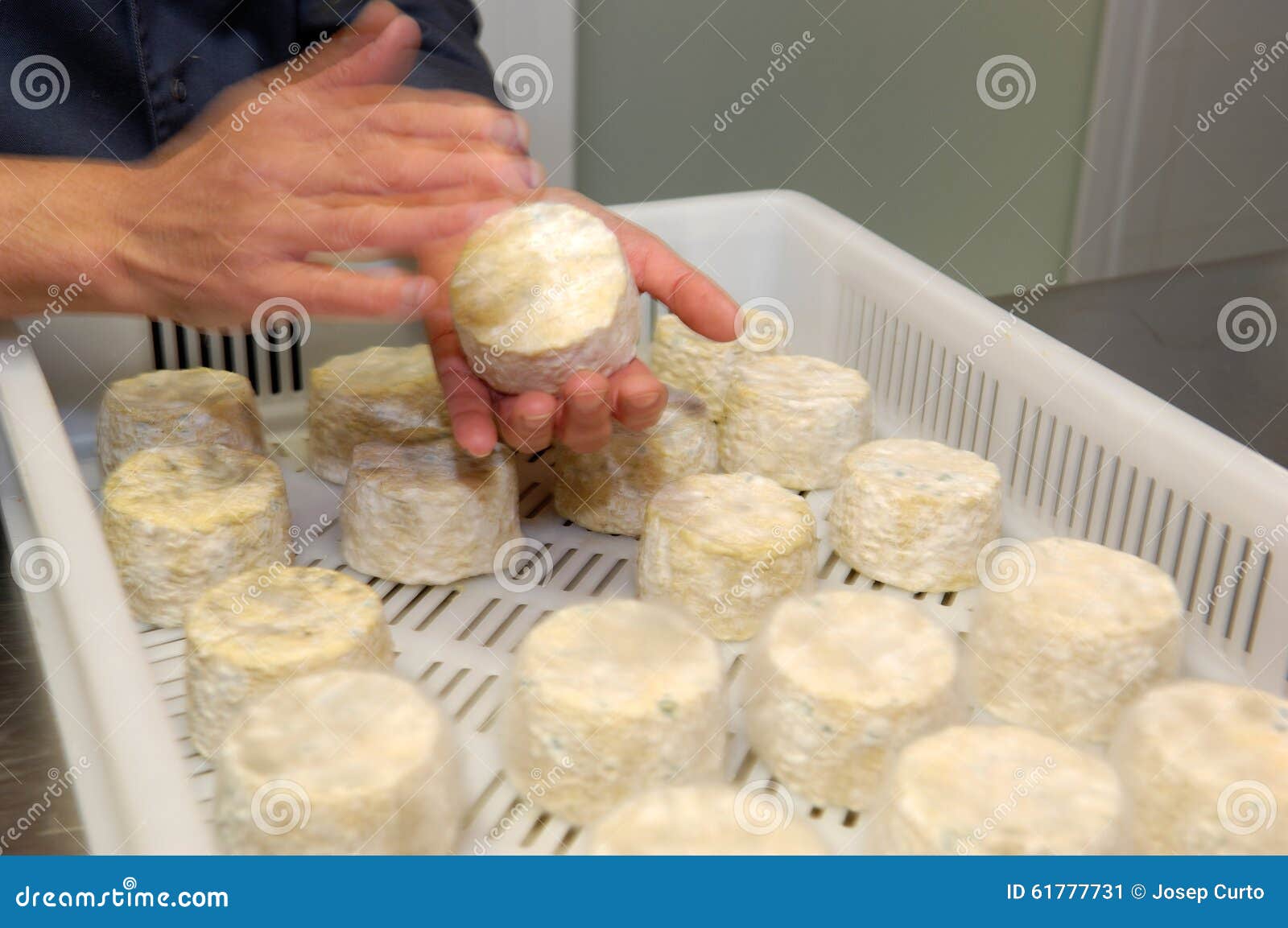

Our selection includes Organic Gouda from Holland, Organic Parmigiano Reggiano from Italy. Certified Organic Cheese is a natural choice for both its health and environmental benefits.

Organic dairies also support the humane treatment of their cattle, and use non-toxic farming techniques that do not harm the environment. Organic milk also has up to fifty percent more Vitamin E, and up to seventy-five percent more beta-carotene than regular milk. Omega-3 fatty acids promote a healthy heart, joints and bones. Organic Cheese is made entirely from organic milk, which has been shown to contain more Omega-3 fatty acids than regular milk.
#ARTISAN CHEESE TYPES PLUS#
Organic Cheese contains the calcium and protein of regular cheese plus additional health benefits. Organic Cheese is considered by some to be superior in quality, health and taste. Once a cheese is given the USDA Organic seal, it is certified organic having 95 percent or more organic content. These practices range from soil management and pest control methods, to ingredient storage and recordkeeping techniques. Organic Cheese Makers must have their farms and facilities inspected annually to confirm that organic practices are being employed. Once a farm achieves all of these standards, it can apply for certification through a licensed third-party agency. Organic cheese contains no artificial coloring or flavoring, and the enzyme rennet is usually not genetically engineered or animal based. Inside the production plant, all ingredients in addition to the milk must be certified organic, including rennet, cultures, and any preservatives that may be added. Milk producing animals may not be given antibiotics and their diets must be sourced from organic pastures. Of course, although it creates significant limitations, pasture grazing on land that is not sprayed with insecticide is acceptable. All animal feed must be certified organic, meaning that it must be all-natural, cannot be genetically modified, cannot be grown with chemical fertilizers, and must come from a certified organic farm. The process begins with the requirement of farming the land organically for three years prior to certification. The USDA sets very high standards for dairy farmers to be able to label their products as Organic Cheese. Below, we've taken a look at 9 such exorbitantly expensive cheeses in the world today.Certified Organic Cheesemust be processed according to standards set forth and verified by organizations accredited by the USDA. It is in the last 30 years, however, that the resurrection of artisanal gourmet cheese making has occurred - and with it, expensive, gourmet cheeses are a marketplace reality. The first factory for the industrial production of cheese was built in 1815 in Switzerland from then on the mass production of cheese became commonplace. There's even a famous French saying that posits there's a different French cheese for every day of the year. The country is renowned for famous cheeses like Camembert, which comes from Normandy, and Brie from the historic Brie region of France. Nowhere in the world is cheese so revered than in France. Today, the British Cheese Board estimates there are as many as 700 distinct local cheeses France has over 400 famous cheeses and so does Italy. France and Italy all helped shaped the art of cheesemaking. Suggested words for Statement of Attainment. This skill set is for cheesemakers to produce a variety of cheese types. After the fall of Rome, cheese making had its renaissance throughout Europe - Britain. FBPCHE5008 - Ripen artisan cheese: Ripen artisan cheese: N/A: FBPFST4014 - Apply sensory analysis in food and/or beverage production. By the time Rome became the dominant civilization in the world, cheese was an everyday food. Earlier pieces of pottery filled with holes have been found near Switzerland’s Lake Neuchatel, dating back to 6,000 B.C., and are believed to be from earlier cheese strainers but their exact use is unclear. The first unequivocal evidence of cheese making dates all the way back to 5,500 B.C. Perhaps it's the fact some of the finest cheese pairs so well with wine, or perhaps it's the rich and storied history of cheesemaking that lends a sort of luxuriousness to the famous food. While processed 'cheese' is easily bought at most grocery stores and is usually quite affordable, many purists barely consider this the same food group as the traditional, handmade cheese that requires so much care and attention to make that it can command exorbitant prices. Good cheese is as elegant and as tetchy a subject as good wine or chocolate, and fine cheeses have always been synonymous with good taste.


 0 kommentar(er)
0 kommentar(er)
